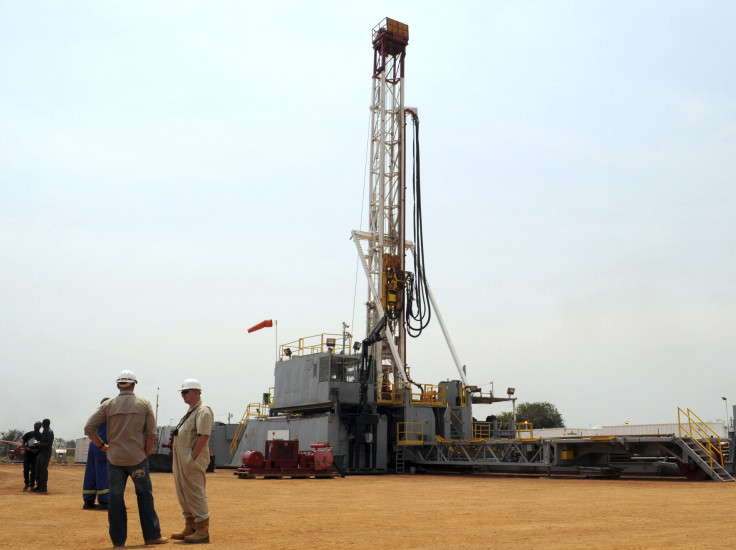Uganda, Tanzania Agree To Build Crude Oil Pipeline To Indian Ocean

Uganda and Tanzania agreed Tuesday to build a crude oil pipeline across the two East African countries, linking landlocked Ugandan oil fields to the Tanzanian coast. The proposed pipeline would cover 700 miles, its construction would cost $4 billion, and it would create 15,000 jobs, Tanzanian President John Magufuli said in a statement obtained by Bloomberg News Wednesday.
James Mataragio, managing director of the state-owned Tanzania Petroleum Development Corp., said the two countries plan to “move very fast” to build the heated pipeline. “We have a meeting with our counterparts next week to execute the project,” he told Bloomberg News by phone from Dar es Salaam, the commercial capital of Tanzania. “So after next week, that’s when most of the details will come out.”
Tanzania has been competing with neighboring Kenya for the pipeline, which would connect Uganda’s largely untouched oil deposits with the Indian Ocean. Ugandan President Yoweri Museveni, who won re-election last month, has promised Ugandans oil wealth from crude discovered beneath the Lake Albert area of western Uganda in 2006. His government signed a deal in 2014 with Tullow Oil PLC, Total SA and Cnooc Ltd. to build a refinery and pipeline in the town. Uganda is expected to start pumping in 2018.
Museveni, who also issued a statement confirming Tuesday’s agreement, has not yet mentioned the fate of the alternative plan for a pipeline through Kenya. But in October, his administration said it was considering transporting its crude via Tanzania as cheaper option to Kenya, which projects the cost of a pipeline would be about $4.5 billion, Ugandan newspaper Daily Monitor reported.
Total CEO Patrick Pouyanne reportedly said his company prefers the Tanzania route amid security concerns in northern Kenya, through which the proposed pipeline would run. Kenya shares its northern border with Somalia, from which Islamic militant group al-Shabab has launched deadly attacks.
"There are debates over security in Kenya which to me are very important," Pouyanne told Reuters in October.
The success of Uganda's fledgling oil industry hinges on the volatility of the global market, which is experiencing a continuing oil glut. Oil prices have fallen by more than 70 percent in the past 20 months due to an oversupplied market and cooling demand from the world’s second-largest oil consumer, China. Africa’s top oil producers are currently grappling with financial crises driven by low oil prices.
© Copyright IBTimes 2024. All rights reserved.





















